
Live the History in Old Stagecoach Inns from Coast to Coast
FOR MORE THAN 400 YEARS, the public’s principal means of transport was by wagon or coach and horses, often on muddy, rutted roads. Travel was not for the faint of heart and bones. Along centuries-old coaching routes, scores of these ancient inns still welcome travelers today. Here are some well-appointed and well-located favorites.
The Castle Hotel, Conwy
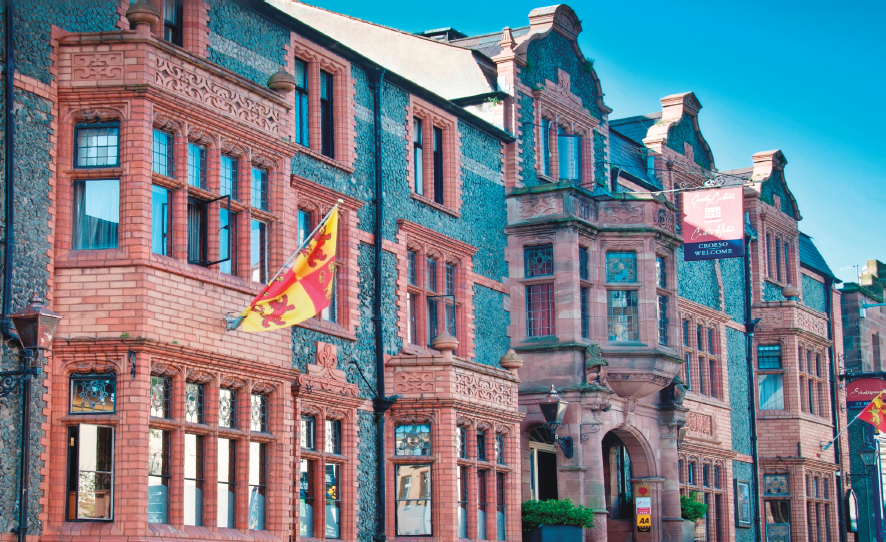
This old coaching inn sits on the site of a Cistercian monastery on Conwy’s principal commercial street. Sited midway across the North Wales coast on the London to Holyhead stage route, the comfortable hotel is a perfect base for exploring the medieval walled town, castle and the Vale of Conwy.
The Bear Hotel, Woodstock
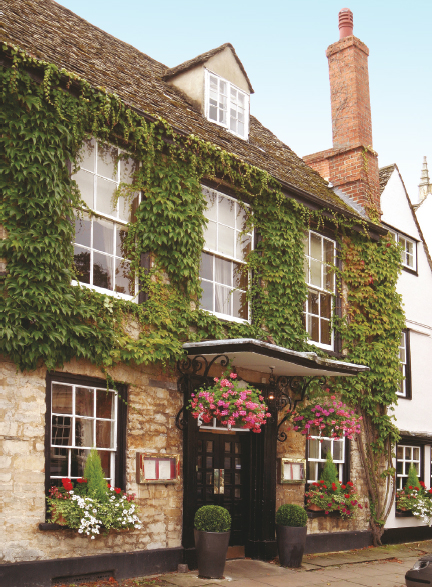
THE BEAR HOTEL
This elegant 13th-century coaching inn has been the center of public life in the pretty Oxfordshire village for centuries. Stroll around the corner to Blenheim Palace or across the street to the Oxfordshire Museum. Large open fireplaces, oak beams and The Bear’s ancient patina survive intact.
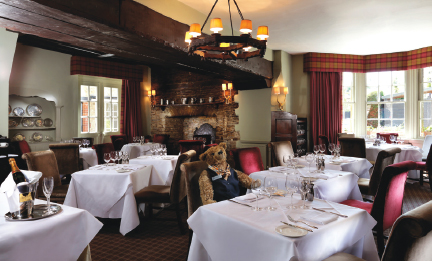
THE BEAR HOTEL
The Red Lion Hotel, Salisbury
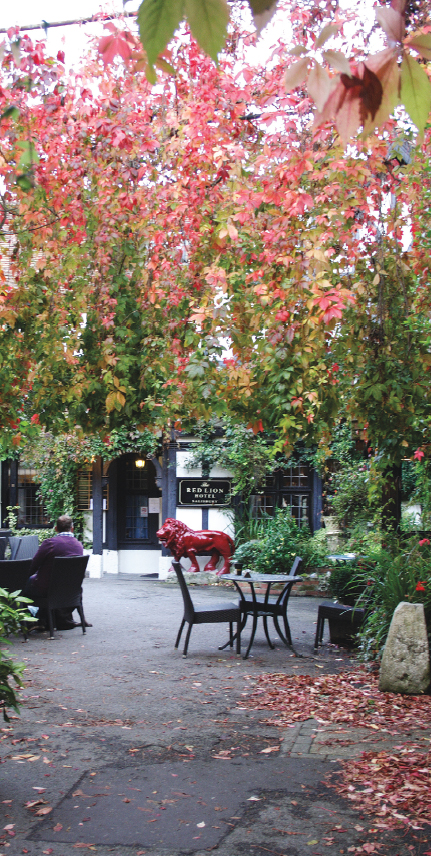
DANA HUNTLEY
A purpose-built hotel for craftsmen building Salisbury Cathedral in the early 1200s, The Red Lion’s swinging sign heralds its centuries as a coaching inn. Take tea in the vine-draped, cobbled courtyard where stages pulled up. Around the corner, visit glorious 13th-century Salisbury Cathedral, with the tallest spire in England, and a rare copy of Magna Carta.
The George Inn, Southwark
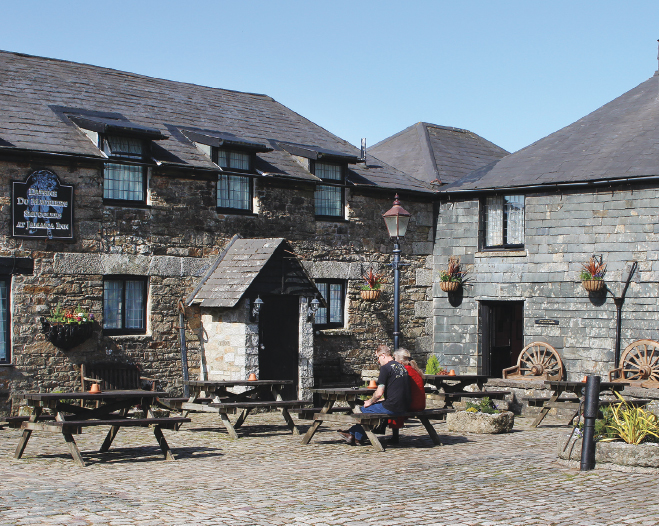
DANA HUNTLEY
The stage on the High Road always leads to London. It might have finished here on Borough High Street at The George–London’s only remaining galleried inn (built in 1677). Now preserved by the National Trust, it’s a fitting place to call in for a pint and toast your journey.
Jamaica Inn, Bodmin Moor
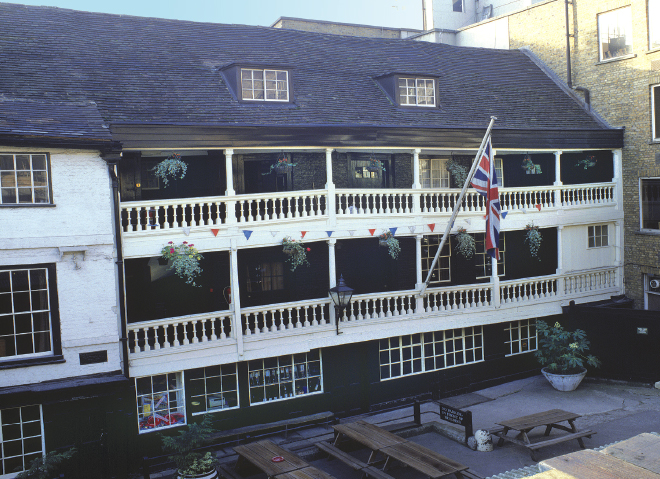
NT IMAGES/ANDREW SALTER
Norfolk Arms Hotel, Arundel
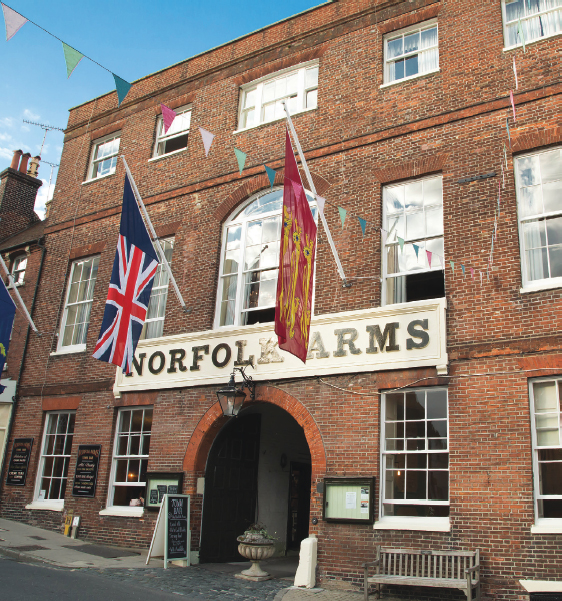
LUXURY TRAVEL BOOK
This lovely Georgian coaching inn in the shadow of Arundel Castle was built by the 10th Duke of Norfolk for visitors and passing trade. Right on Arundel’s High Street, it combines old world ambience, an award-winning chef and a great location for exploring the town and the Sussex coast.
Ye Olde Bell Hotel, Retford
Near the midpoint of the Great North Road, where Nottinghamshire and Yorkshire meet, Ye Olde Bell was a haven for stagecoaches and weary travelers–at one point being able to stable 120 horses. A young Queen Victoria stayed here in 1835. You can ask for her suite in what is today a well-appointed 4-star hotel with an AA Rosette.
The George Hotel, Stamford
Aday’s ride from London on the Great North Road, Stamford was replete with inns, most famously The George, parts of which date from the 10th century. This is a beautiful, updated archetype of the classic coaching inn, right down to the separate waiting rooms for folks heading to York or London. Walk the pretty Georgian streets or visit breathtaking Burghley House on the edge of town.
The Saracens Head, Southwell
The Elizabethan charm and character remain, but the hotel’s heyday was as a coaching inn, when travelers entered the courtyard through its blackand-white arches. King Charles I dined here the night before he was handed over to the Parliamentarians. Today, the Saracens Head is the prime location and lodging in this historic Nottinghamshire Minster town.
The White Swan, Alnwick
On the market square, just down the street from Alnwick Castle and Gardens, this 300-year-old coaching inn must have been a welcome sight to folks taking stages across the sparse, lawless countryside of Northumbria on the Great North Road to Edinburgh. It’s a historic stay in a friendly northern market town.


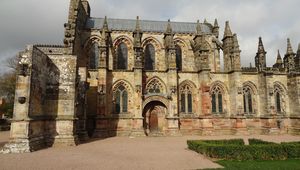
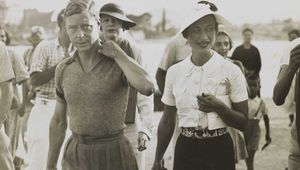

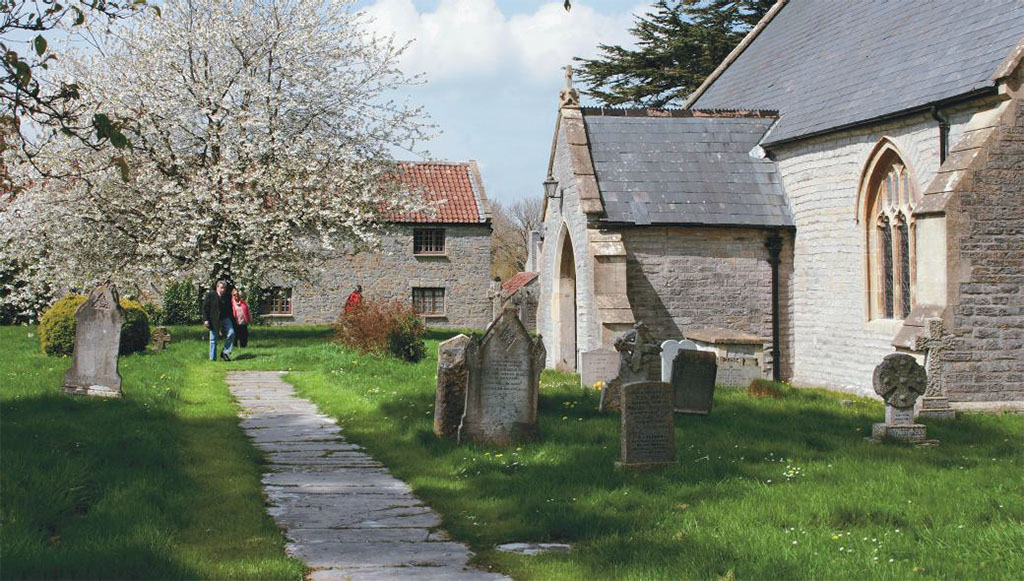

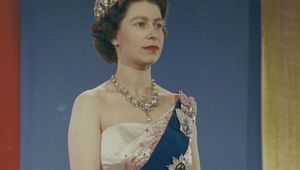
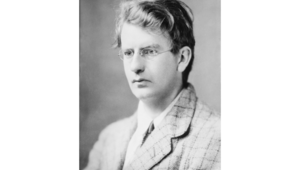
Comments